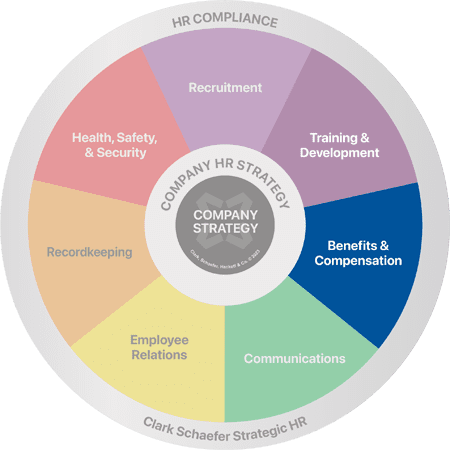Are you familiar with the Portal-to-Portal Act?
Last Updated on November 28, 2017 / Benefits & Compensation
Question:
If I need to send an employee to “cover” at a worksite other than where they are regularly schedule to work, am I required to pay them for the time it takes them to get there?
Answer:
It depends! Luckily, the Fair Labor Standards Act (FLSA) addresses this issue specifically. Section 29 CFR § 785.38 (Portal-to-Portal Act) tells us that time spent traveling to work before the start of the workday or home from work after the workday is over is not considered hours worked or paid time. However, it does also tell us that the time an employee spends traveling from one worksite to another during the same workday, it is considered hours worked and thus they should be paid for the travel time. In your question, it would depend on when they were sent to the other site. For example, an employee arrives at their normal work location on Monday morning only to discover that they are being asked to cover at another location because they are short staffed. Because the employee already arrived at their assigned work location and you are asking them to go to another location after their arrival, the time spent traveling to the other worksite would be hours worked. IF you called that employee before they left their home and asked them to go straight to the different location, that would NOT be hours worked but rather considered time traveling to work under the Portal-to-Portal Act. For more information on travel time during the work day, visit www.dol.gov. The site also has a great resource, a fact sheet that provides information about hours worked. It can be found at : http://www.dol.gov/whd/regs/compliance/whdfs22.pdf
It’s tough having to navigate the ever-changing FLSA laws and other federally mandated rules and regulations. Strategic HR can help. Ask us for assistance with any of your benefits and compensation needs. Please visit our Benefits & Compensation page for more information on any of these services.




